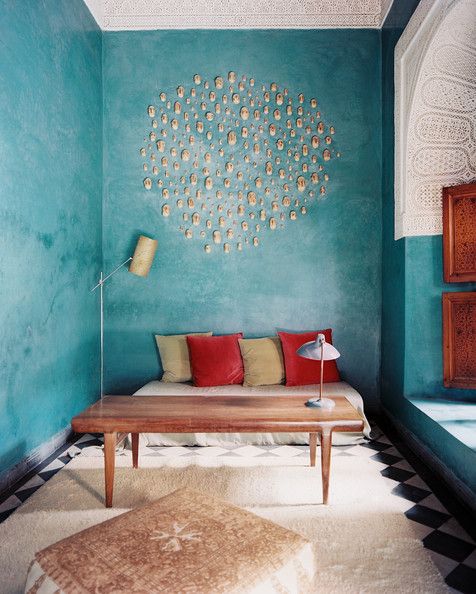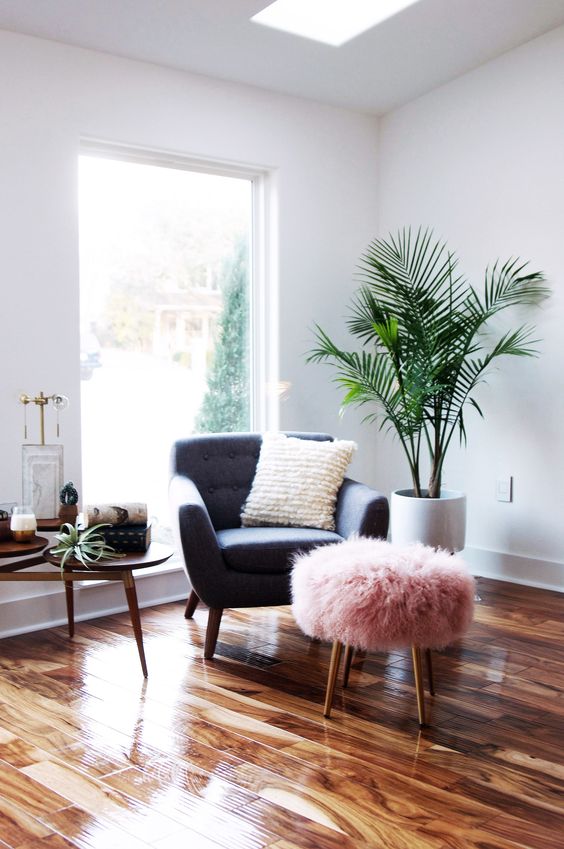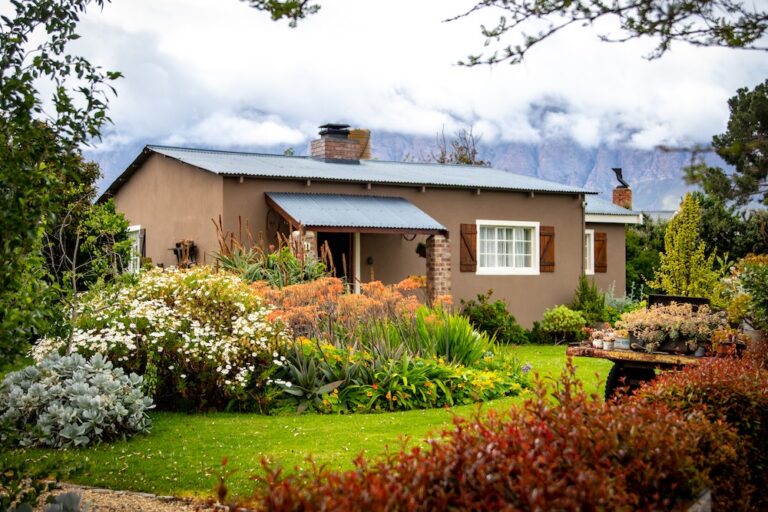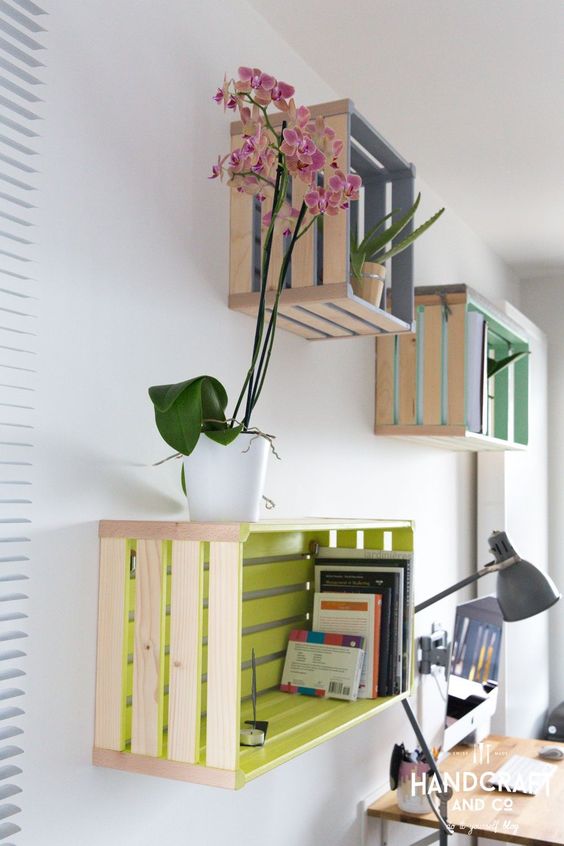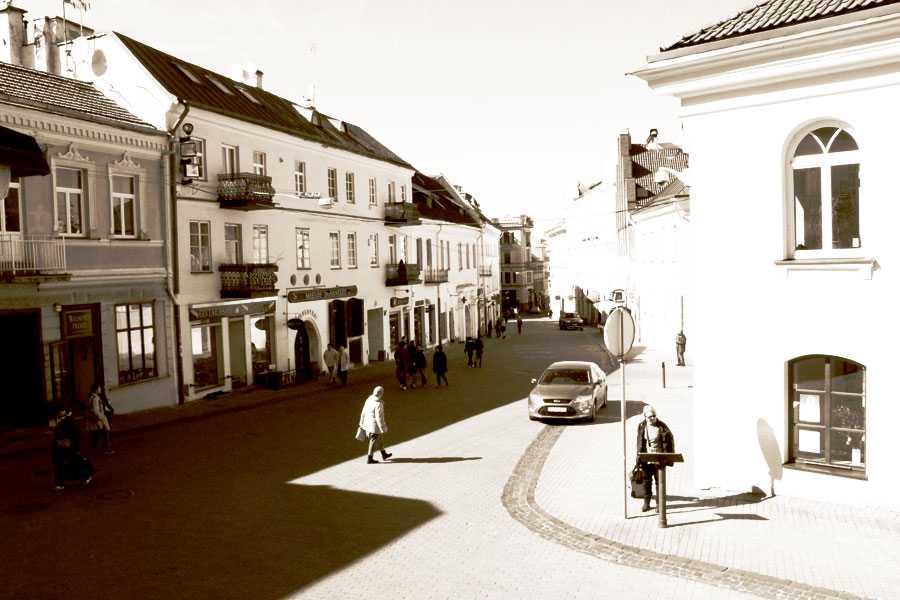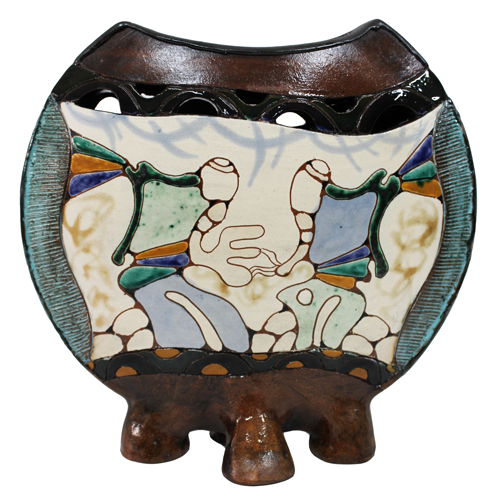DIY Painting Walls – 11 Useful Tips
When one month ago we moved to a new apartment (rented), I was so excited as owners permitted us to refurbish it according to our taste. I didn’t really want to invest as probably after two or three years we will move again, so I decided that the easiest and cheapest way will be to get rid of old the wallpaper and paint the walls. Perhaps, I was a little bit over-confident as I thought I can do it myself.
Well, what can I say, it was not as easy as I thought it will be. The first and major problem is that paint shows all big and little imperfections on the walls, and you need to make sure that surface is completely smooth and clean. After removing old wallpaper I discovered that walls are not in the best condition. I bought some plaster, and filled with it all little holes and scratches. Then I scuffed the wall with sandpaper. Only after that I started to paint.
Finally after 5 (!) days of work, 2 (!) lost kilograms and probably 10 litres of sweat my bedroom was finished. Now I am ready to share some little tips, which I learned during the process:
1) Equipment you will need: roller (big and small size), roller tray, brush (medium size), masking tape (take the widest available), stepladder, PE film to cover the floor and furniture, plaster, sandpaper, primer, rubber gloves, damp cloths to remove the stains, water to dilute the paint (if you use acrylic), paint.
2) When choosing the paint for the walls, remember that on the large surface it will look darker and brighter, so I usually take one hue lighter from the paint chip. You can read more about colour properties here.
3) Darker hues cost more because there is more colouring pigment to add.
4) The brush – it should be hard enough. I initially took the softest one and it deformed after first use.
5) Before starting to paint do the preparation work – remove all the sockets and switches, put the masking tape on the ceiling edge, skirting boards – all areas where you can put stains, cover the floor with PE film. Make sure the walls are clean and all the imperfections are hidden.
6) If you have any pets, get them out from the room, where you will paint. Otherwise they will play with masking tape, eat the remains of wallpaper, steal your equipment and distract you by all possible means. I didn’t do it myself as I didn’t want to lock my lovely Dolce in another room (I knew she would be crying for me over there) and look how it ended up:

7) When you open the can with paint don’t be surprised or terrified that paint looks much brighter and lighter than you have chosen – once it goes dry it will become darker. If it is possible, buy the smallest can to try it first in the room under actual lighting and then go for the rest.
8) Always use primer. I forgot about it when decorating my bedroom and as a result, it was much harder to apply the paint (in some areas it looked transparent and I needed to put several coats). In the living room I used primer and it saved me a lot of efforts. Also remember, that if the paint is light, you need to buy white primer, if dark paint – it should be transparent.
9) Make the paint for the first coat a little bit thinner (put more water in it) – it will be easier to apply it on the walls.
10) Don’t press too hard on the roller – if you have used plaster to cover little holes, it might come out because of it.
11) Masking tape should be removed before the paint dries – otherwise, you can peel some pieces of dry paint.
Once I publish this post, I half painted my living room and I think it looks great – I can’t wait to share the photos with you.
Do you have some more tips to add to this list? You can share it them in the comments section below.

